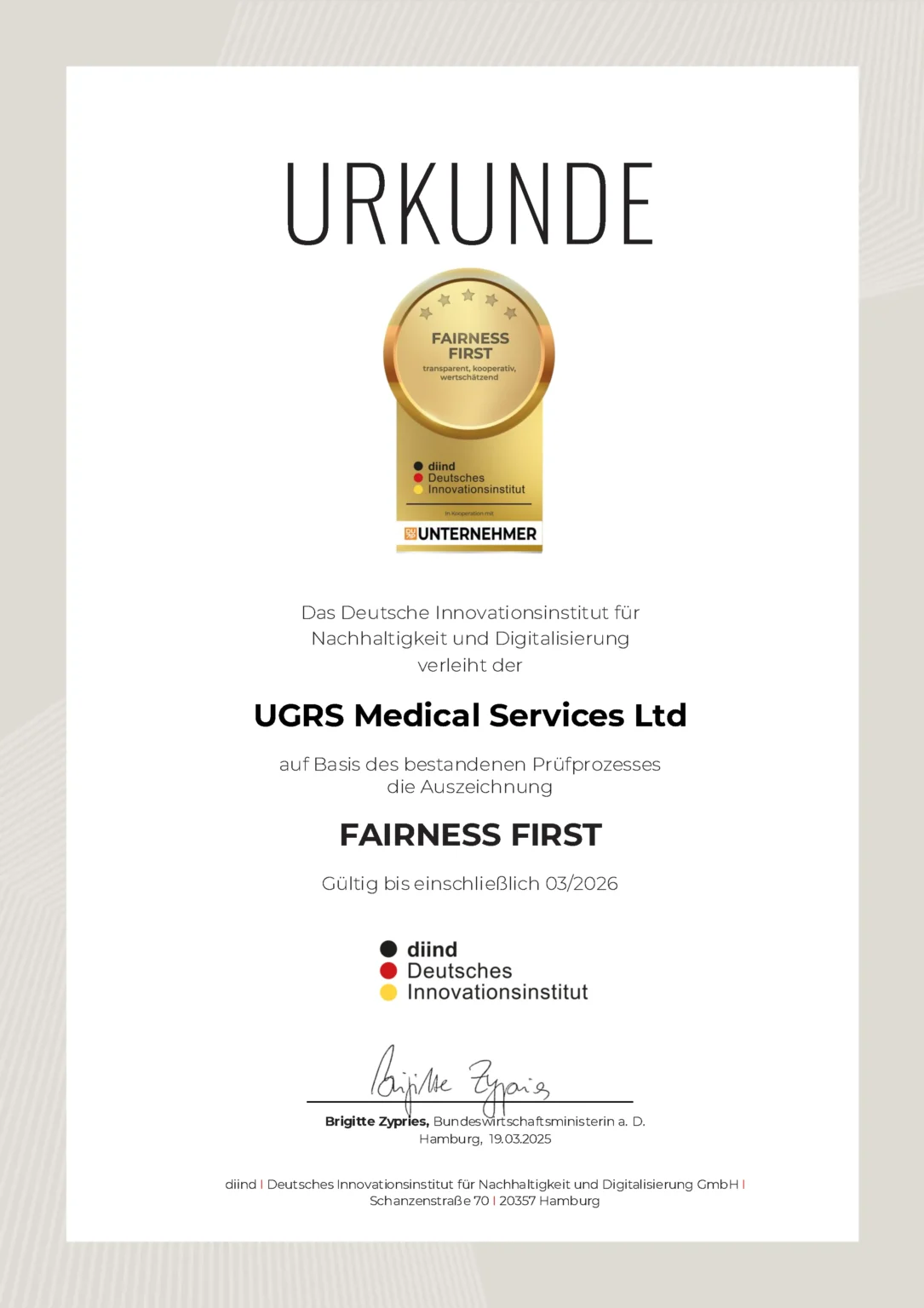Anesthesia
Anesthesia – also known as anaesthesia in medicine – means that pain sensations in the body are specifically switched off. This is particularly important during operations or other medical procedures so that the patient is not in pain and remains as relaxed as possible.
There are different types of anesthesia, depending on how strong it is and how large the anesthetized area is:
Types of anesthesia / anesthesia
Local anesthesia (technical term: local anesthesia)
Only a small area of the body is anesthetized – for example during dental treatment or the removal of a birthmark. You are awake but feel no pain in this area.
Partial anesthesia (technical term: regional anesthesia)
Twilight sleep (technical term: sedoanalgesia)
A mixture of painkillers and sedative medication that puts you in a relaxed, drowsy state. Although you are still conscious, you are very calm and often hardly remember the procedure later. This method is used for minor operations or intimate procedures, for example.
General anesthesia (technical term: general anesthesia)
The entire body is put into a sleep-like state. You are completely unconscious, feel nothing and are unaware of the procedure. This is necessary for major operations.
Hair loss often begins gradually. Typical patterns are
All forms of anesthesia are planned and carried out by specially trained doctors – the anesthetists. They monitor important bodily functions such as heartbeat, breathing and blood pressure throughout the procedure to ensure safety.
This content is for general information purposes only and does not constitute medical advice, diagnosis or treatment recommendations. It is in no way a substitute for a professional examination or treatment by a licensed physician. If you have any health complaints or uncertainties, please always consult a medical professional – especially if you have any questions about intimate surgery or sexual health.








